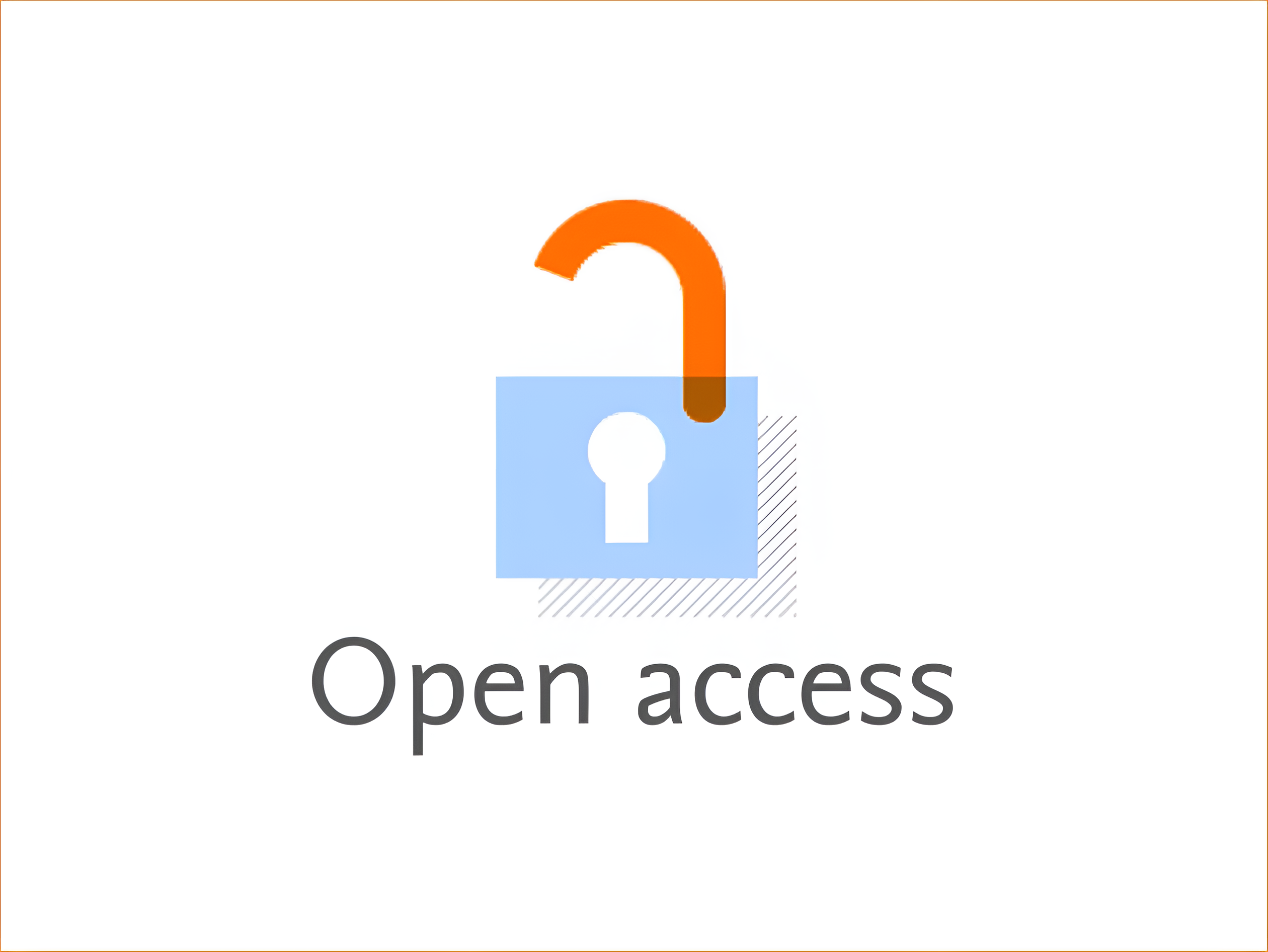A STUDY TO ANALYSE METHODS FOR INNOVATIVE PEDAGOGICAL APPROACHES FOR PIANO INSTRUCTION IN ART COLLEGES
Abstract
A growing number of people throughout the world are beginning to see the significance of systematic education and music pedagogy. Piano lessons have the potential to bridge the gap between the non-professional piano teaching sector and the academic world since they are based on instruction that is well-informed, and research based. Additionally, the research explores the possible influence that these assessments of adequacy of their training in piano skills may have on the manner in which they use various piano talents when teaching in the classroom. The questionnaire that was developed by the researcher encompassed a total of twelve different functional piano abilities. These skills included improvisation, sight reading, accompaniment, performing piano repertoire, composition, score consuming literature, methods, melodic progressions, harmonisation, transposition, and modulation. Through the use of quantitative data, this research investigates the connections that exist between music education and virtue, human beings, mental health, cognitive growth, and inventive problem-solving. These findings provide greater validity to the idea that kids' exposure to music considerably boosts their general competency. The quantitative assessment of the linkages between music education and a range of talents that was conducted in this research adds more credibility to the idea. The gaps that were produced by the absence of a quantitative study of the teaching of music in prior studies are filled by our work, which also gives essential suggestions for how universities should enhance their engagement, curriculum creation, and evaluation in this subject. Through the use of comparisons with group piano teaching in Malaysian educational settings, this was investigated in light of the best practices that are now accepted across the world.






